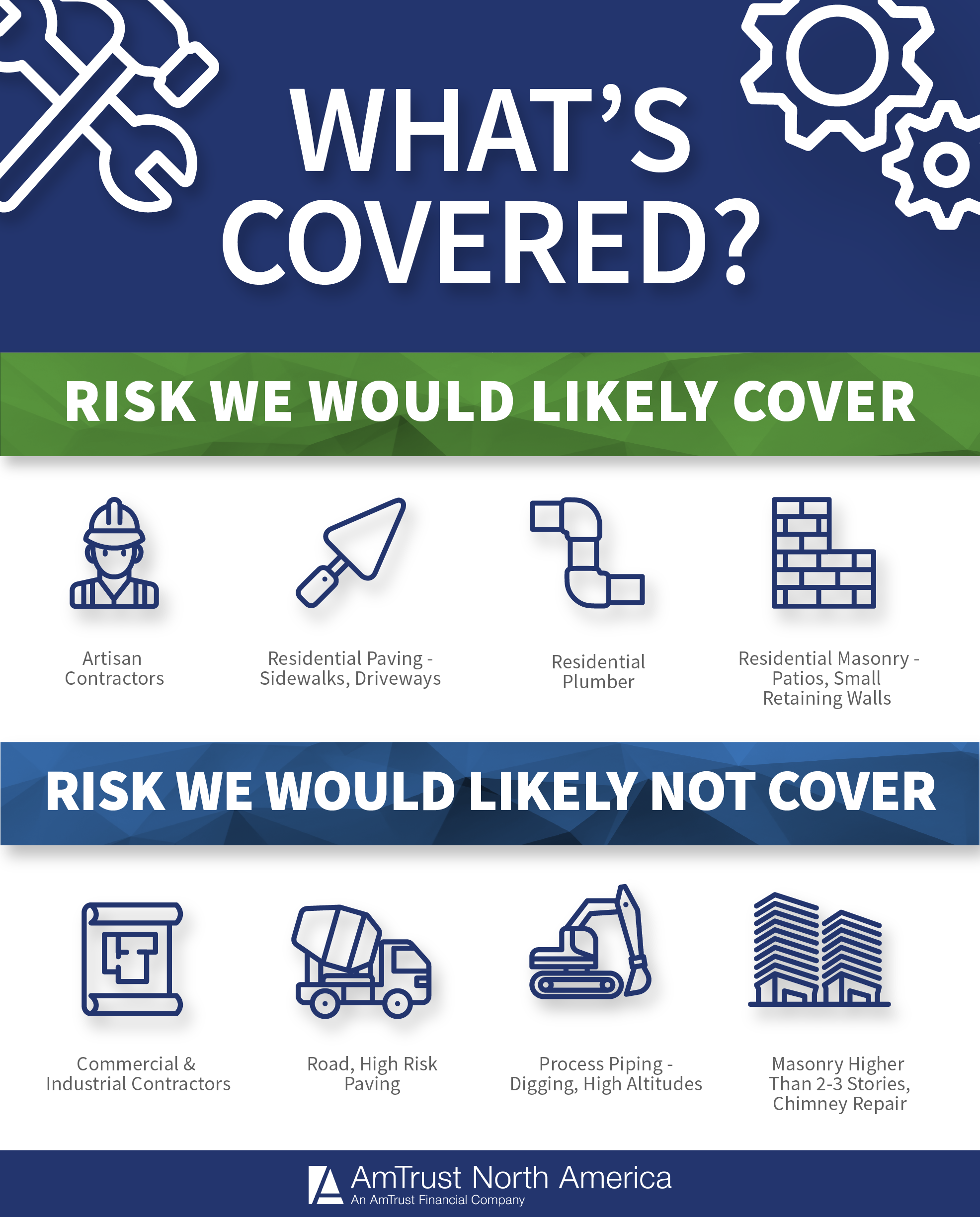As a contractor, you’re probably no stranger to hard work and taking risks. However, even with the best preparation and precautions, accidents can still happen on the job. That’s where workers’ compensation comes in – a vital safety net designed to protect workers like you in case of injuries or illnesses related to your job. But how does it work, and what should you know about this important benefit as a contractor?

In most states, workers’ compensation is mandatory for employers, and it provides a no-fault insurance system that covers medical expenses, lost wages, and rehabilitation costs for workers who are hurt on the job. However, as a contractor, you might not always be eligible for this coverage – it depends on your employment status and the laws in your state.
One key thing to understand is the difference between an employee and an independent contractor. While it might seem like a minor distinction, it can make a big difference when it comes to workers’ compensation. Employees are typically covered by their employer’s workers’ comp insurance, while independent contractors usually have to purchase their own coverage or opt out altogether.
So, what does this mean for you as a contractor? If you’re working as a 1099 contractor or running your own business, you might not be eligible for workers’ comp coverage through your clients. This means you’ll need to explore other options for protecting yourself in case of an accident.
There are a few ways you can go about this:
-
Purchase your own workers’ compensation insurance: This will provide you with the same benefits as a traditional employee, but you’ll need to pay the premiums yourself. This can be a bit pricey, but it’s worth considering – especially if you work in a high-risk industry or have a lot of employees of your own.
-
Check with your clients: Some clients might offer workers’ comp coverage as part of their agreement with you. This is especially common in industries like construction or manufacturing, where the risk of injury is higher. Be sure to ask about this when you’re negotiating your contract.
-
Look into occupational accident insurance: This type of insurance provides similar benefits to workers’ comp, but it’s not exactly the same thing. It’s designed for independent contractors and small business owners, and it can be a more affordable option.
When shopping for workers’ compensation insurance or occupational accident insurance, be sure to do your research. Here are some key things to consider:
- What’s covered? Make sure you understand what types of injuries or illnesses are covered, and what benefits you’ll receive if you get hurt.
- How much does it cost? Compare prices from different insurers to find the best deal.
- What’s the claims process like? You’ll want to choose an insurer with a reputation for handling claims quickly and efficiently.
Finally, it’s worth noting that some states have specific requirements for workers’ compensation coverage – even for independent contractors. Be sure to check with your state’s labor department to see what the laws are in your area.
In conclusion, as a contractor, it’s up to you to protect yourself and your business in case of an accident. While workers’ compensation might not always be available to you, there are plenty of other options to explore. Do your research, shop around for insurance quotes, and stay informed about the laws in your state. By taking these steps, you’ll be able to focus on the work you love – without worrying about what might happen if something goes wrong.




